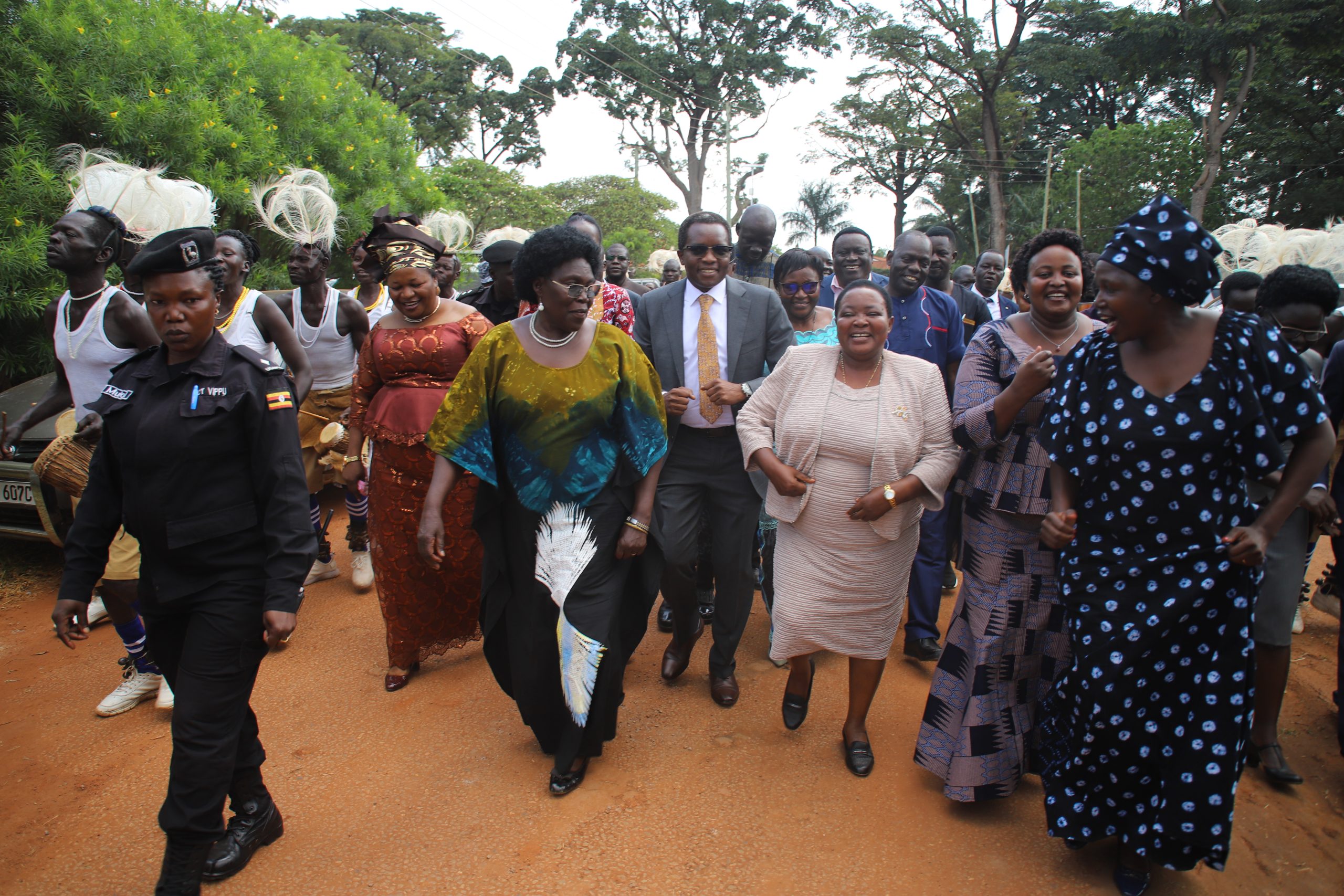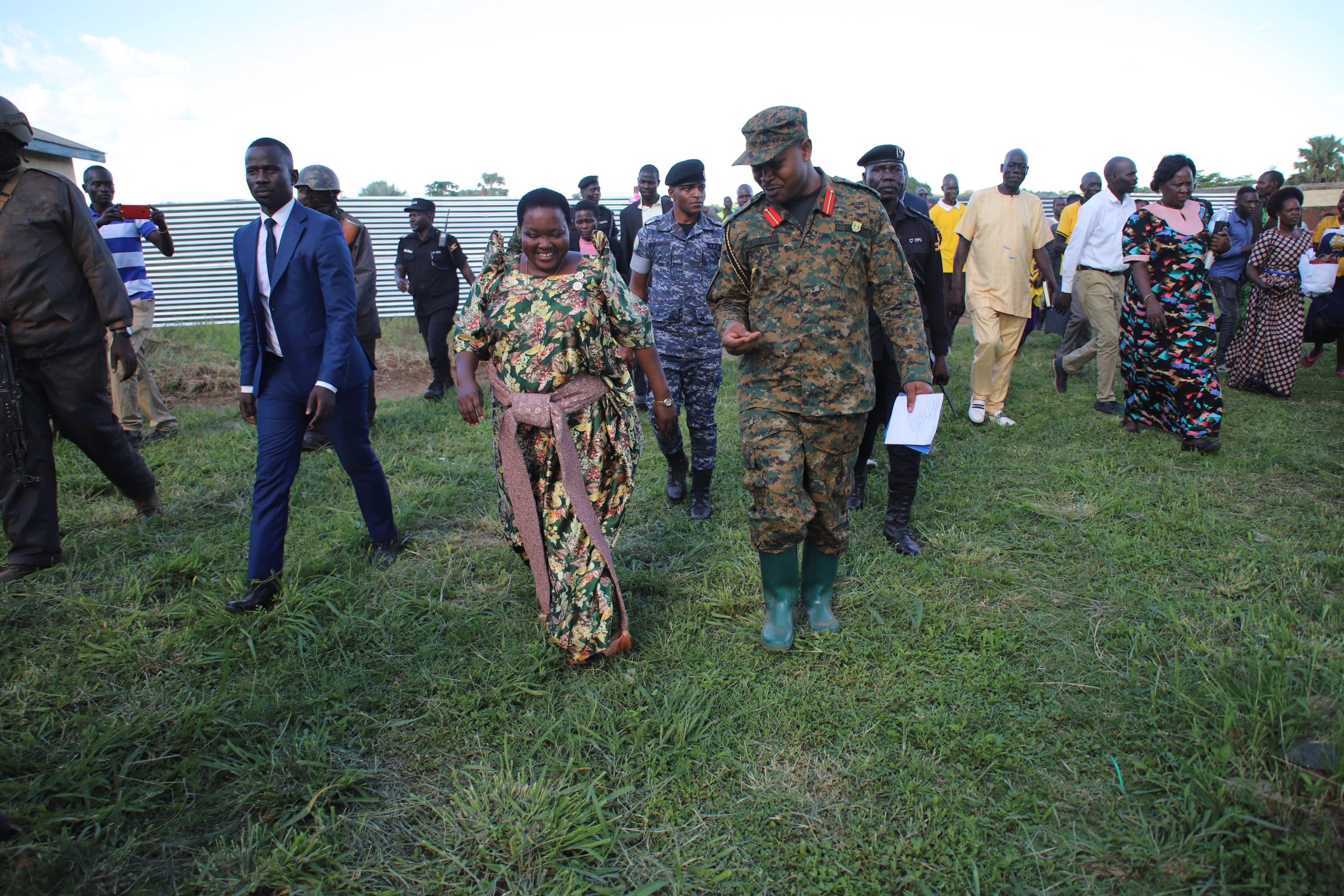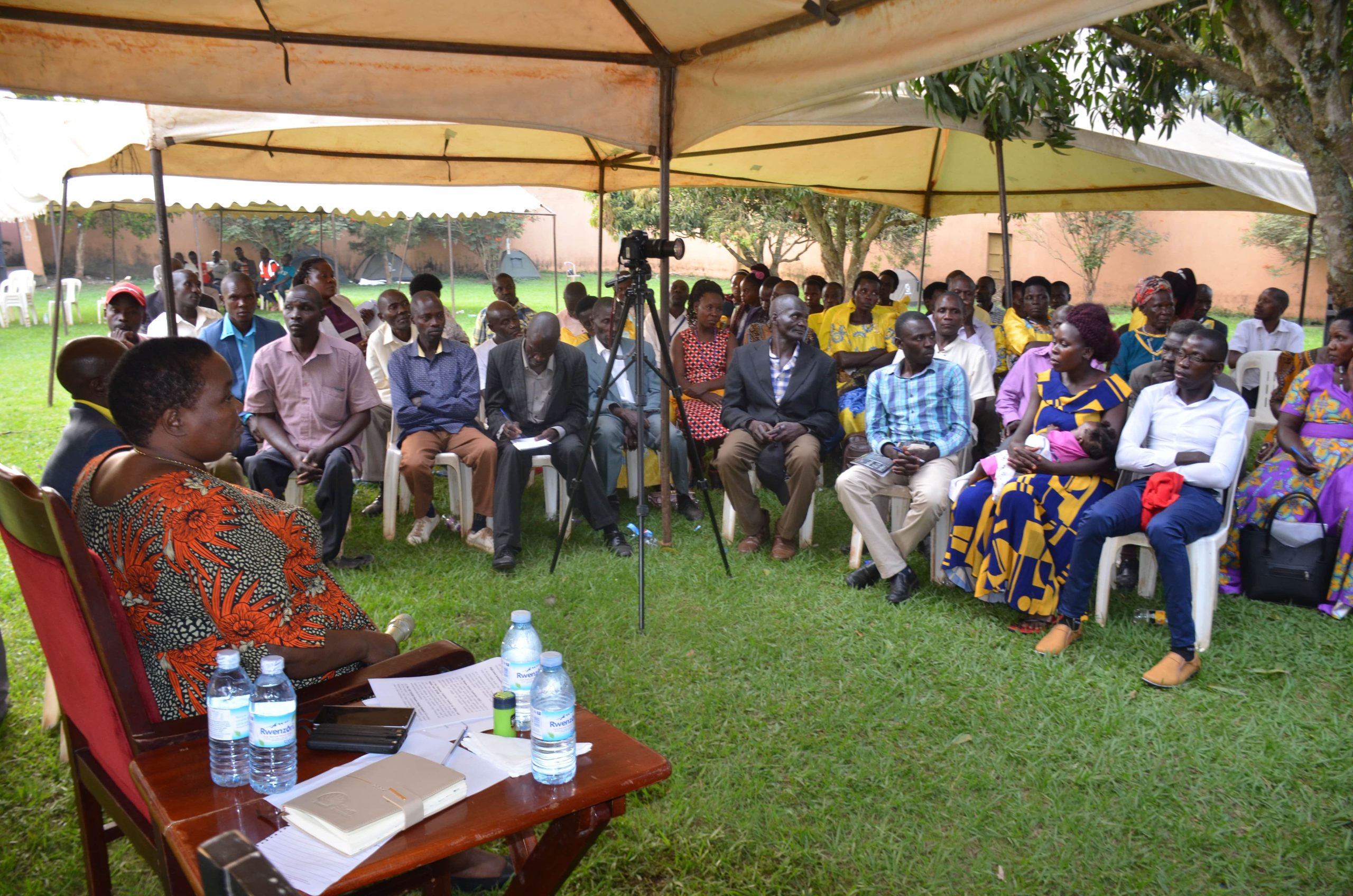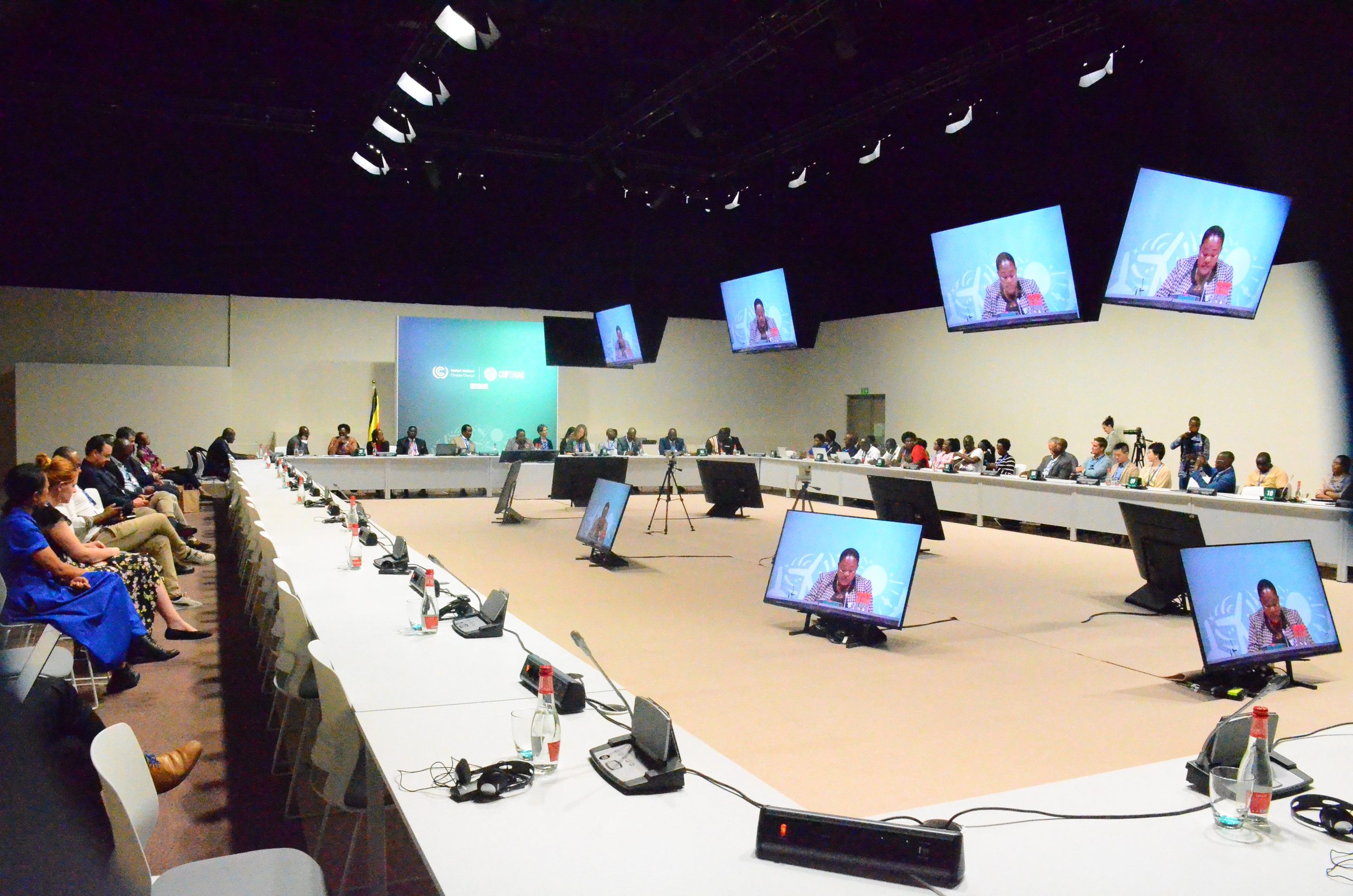By: Joyce Babirye and Kisiriko Vincent
The National Action Plan for Health Security Monitoring and Operational Planning brings together Ministries, Departments and Agencies in the human and animal health related disciplines to strengthen the country’s capacity to prevent, detect and respond to infectious diseases as they emerge in the country.
The 3rd Deputy Prime Minister, Rt. Hon. Rukia Nakadama while launching this plan reaffirmed that government intends to ensure strengthening of systems to manage the increasing health risks like COVID-19, Ebola among others. This plan has come at a time when the country is battling the current Ebola crisis in Mubende District. It will be implemented by aligning health monitoring capabilities in the country from the lower health structures to national levels, strengthening cross boarder surveillance systems to limit the importation of diseases especially from neighbouring countries and factoring in the monitoring component into health programs, she said.
The Commissioner for Monitoring & Evaluation in the Office of the Prime Minister, Timothy Lubanga noted that this plan follows the 2021 operational plan that included 72 activities. According to Mr. Lubanga, research findings show that the 2021 plan encountered challenges of focus on specific activities, irresponsiveness of some players, shortage of funds, stalled approval by senior leadership of Ministries, Departments and Agencies. “Policy planning, strategy and several components of the program had not kicked off for the 2022 program due to similar problems such as activities being dependent on completion of earlier activities like approval of laws by the executives, signing memorandums of understanding, budget development and evaluation of strategies. Eight projects were implemented to completion, 49 are in progress implementation status and 15 have not yet started and this represents 11%, 68% and 21% respectively” he said.
Mr. Lubanga elaborated that Uganda committed to achieving demonstrated capacity in three technical areas by 2024 which include licensing of all laboratories for animals, humans, food, nuclear and chemical sectors. Decentralization of a one-point health system in 50 districts to strengthen coordination of surveillance and response to zoonotic diseases in the key technical areas of emergency preparedness, emerge response and operations. He also pointed out that there is need to link public health and security.
Dr. Daniel Kambugu the Executive Director of the Infectious Diseases Institute also affirmed the need for quick response to emerging health disasters and infections as a health security method to curb the possible spread and escalation of infections.
Dr. Kasongoro Bitaato commissioner Animal health in the Ministry of Agriculture Animal Industry & Fisheries warned of the looming anti-biotic resistance among the public which he attributes to overuse of chemicals on plants and livestock consumed by people.
The function was attended by representatives from Ministries, Departments and Agencies and development partners. It was funded by the Infectious Disease Institute, Ministry of Health and World Health Organisation. The conference took place at Ridah Hotel Seeta Mukono District on 23rd September 2022.






